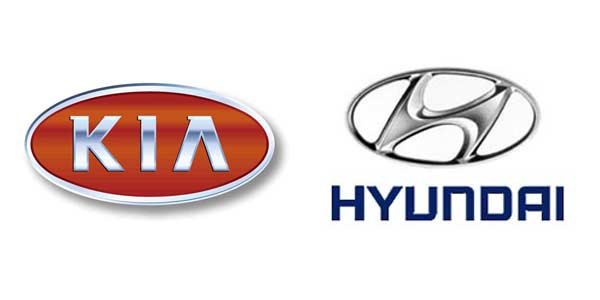Hyundai, Kia target sales rebound, helped by U.S., China and Russia

Hyundai and Kia are targeting to deliver a combined 8.25 million vehicles in 2017 from 7.88 million units a year earlier, according to regulatory filings. That compares with the 8.24 million units average estimate of five analysts surveyed by Bloomberg News. Hyundai expects to deliver 5.08 million vehicles, while Kia sees 3.17 million vehicle sales this year.
The two companies are counting on new plants in China and Mexico, where they will gradually raise output, and introduction of models including an SUV to attract buyers. Executives at carmakers across the world are looking for clarity on the policies U.S. President-elect Donald Trump will adopt in the world's second-largest auto market as he has said his agenda will be based on the principle of putting America first from "producing steel, building cars or curing disease."
"Amid slowing global economic growth, uncertainties are rising more than ever as trade protectionism spreads and competition intensifies in the auto industry," Chairman Chung Mong-koo, said in a statement issued to employees. He urged "swift and flexible" responses to the uncertain business environment.
New models
Hyundai and Kia are planning to introduce more than 10 new vehicles or revamped versions of existing models annually, the automakers said. Hyundai will introduce a small SUV at home and plans to begin selling a high-performance line, while Kia will unveil a premium sport sedan, a China-specific SUV and Morning compact car. Genesis, Hyundai's premium marque, plans to introduce its midsize luxury sedan G70 this year.
The two automakers missed their annual sales target for the second consecutive year and posted a decline in deliveries in 2016 for the first time since 2000. Hyundai in September suffered its first full-scale strike in 12 years after a series of partial stoppages that started in July, before the union and management reached an agreement on wages in October. Workers at Kia also went on strikes during the year. Hyundai's sales at home fell 7.8 percent and deliveries overseas declined 1.2 percent last year, it said, without providing detail.
Auto demand in two of Hyundai's biggest markets will likely wane, with industrywide sales growth in China expected to slow after an increase in the levy on small-engine vehicles and as the U.S. Federal Reserve raised interest rates in December and forecast a steeper path for borrowing costs in 2017.
China capacity
Deliveries of the two South Korean automakers in China rose 7.2 percent in the 11 months through November. Industrywide demand in the world's biggest auto market climbed after the government cut a levy on small-engine vehicles in October 2015 to 5 percent. The tax has been raised to 7.5 percent this
year and will be further increased to 10 percent in 2018. A move that's expected to slow the pace of sales growth this year.
Hyundai, which counts China as its biggest market by volume, began producing its new small sedan Verna Yuena at its fourth plant in the Asian nation. The factory in Cangzhou, Hebei province will have an output of 200,000 vehicles in 2017 and will be expanded to 300,000 units by 2018. The company's fifth plant in Chongqing will be completed this year. The automaker hasn't released its delivery figures in China for December.
Relatively low gasoline prices has prompted American consumers to favor trucks and sport utility vehicles, a shift that has hurt Hyundai as it has a sedan-heavy lineup. Hyundai Motor said last month its CEO for America, Dave Zuchowski, will be leaving the company. Sales of the automaker in its second-largest market rose about 2 percent in the 11 months through November, slower than the 5.6 percent growth in the year-earlier period.
The automakers will step up investments in research and development in areas like autonomous driving technology, Chung said. Hyundai will show a concept Ioniq model to demonstrate its self-driving technology at the CES technology expo in Las Vegas this week, as the company aims to build fully self-driving vehicles by 2030.
